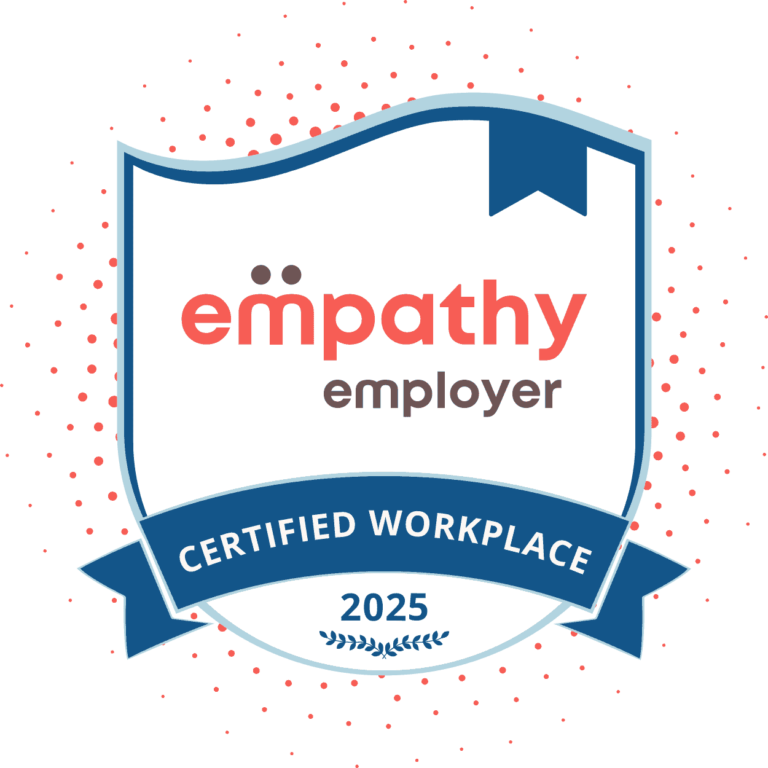HR leaders understand the need to incorporate new ways to shape supportive workplace culture, engaged employees, and business results. One of the most important factors that can determine an organization’s success or failure is the employee experience. In this post we’ll discuss what employee experience means, how it influences business results and how HR leaders can recognize the employee experience.
What is Employee Experience?
Employee experience is the total sum of every interaction that an employee has with their organization from the first point of recruitment through their exit door. It’s multidimensional and involves more than just job satisfaction. Touchpoints that influence the employee experience include workplace culture, leadership, communications, employee growth, work-life balance, employee engagement, and productivity to name just a few. Employee experience directly influences engagement, retention and productivity which in-turn effects business results and revenue.
Why Should you Recognize Employee Experience?
Our research shows that companies that focus on employee experience saw:
-
Higher employee retention and reduction in turnover: Focusing on employee experience helps organizations keep their best people and cut costly employee turnover from recruitment and onboarding.
-
Higher employee engagement and productivity: Employees who feel that their organization supports and cares for them as individuals will be more engaged, motivated and show increased productivity with better quality of work.
-
Higher customer satisfaction and loyalty: Taking care of employees who in-turn take care of customers leads to higher customer satisfaction and loyalty.
-
Improved brand reputation and employer branding: Companies that focus on employee experience can better attract and recruit the best talent and build their employer brand which can increase brand awareness and organizational reputation.
-
Higher revenue growth and business competitiveness: Companies that focus on employee experience can become more competitive in their market and show increased revenue growth.
How to Recognize Employee Experience?
HR leaders can adopt the following strategies to recognize and prioritize employee experience effectively:
- Employee Journey Mapping: Build an end-to-end understanding of the employee lifecycle and pinpoint opportunities for pain points and improvement.
- Personalized Employee Experiences: Tailor experiences to individual employees’ needs, preferences, and career aspirations.
- Real-time Feedback and Coaching: Foster a culture of continuous feedback, enabling employees to grow and develop in real-time.
- Employee Advocacy and Ambassadors: Encourage and empower employees to become brand ambassadors, promoting the organization’s employer brand.
- Analytics and Insights: Leverage HR analytics and insights to measure employee experience, identifying areas for improvement and tracking progress.
Key Takeaways
Recognizing employee experience is a strategic imperative for HR leaders seeking to drive business outcomes, enhance employee engagement, and foster a positive work culture. By adopting a comprehensive and personalized approach to employee experience, organizations can unlock the full potential of their workforce, gain a competitive edge, and achieve sustainable business success.






